Families benefit during the activation of the Costa Rican Red Cross’s Early Action Plan drill for floods
From 16-21 January 2022, the Costa Rican Red Cross, with the support of the German Red Cross, held an activation of the drill in the Early Action Plan for Floods associated with tropical storms in Parrita, Puntarenas. About 45 families benefited from the delivery of cash and voucher assistance.
Costa Rica is a country exposed to multiple hazards, which mainly arise from hydrometeorological, seismic, volcanological and geological events. Population growth, coupled with the use, intervention and exploitation of land, are also key factors in the potentiation of disasters.
Parrita is a community historically affected by the effects of floods associated with tropical storms. To test the administrative, financial and operational procedures outlined in the Costa Rican Red Cross’s Early Action Plan for Floods, a drill was organized in Parrita to test the implementation of early actions to anticipate an extreme event.
Among the activities developed as part of the drill, electronic cash was delivered through debit cards to 45 families in Parrita, with a value of US$105 each, as part of the Red Cross Movement's approach to place people at the centre of humanitarian assistance.
The exercise involved institutions including the National Meteorological Institute and the municipality. The Reference Center for Disaster Preparedness of the International Federation of Red Cross and Red Crescent Societies (IFRC) provided support during the organization process.
Representatives of the Red Cross National Societies that are part of the FbF regional programme in the Americas also participated in the exercise: Guatemalan Red Cross, Honduran Red Cross, Nicaraguan Red Cross, Salvadoran Red Cross, Colombian Red Cross, Ecuadorian Red Cross, Peruvian Red Cross and Argentine Red Cross.
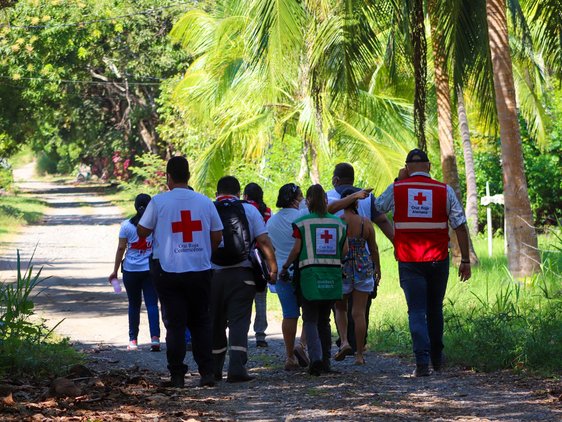
Activation of the Early Action Plan drill for floods in Parrita, Puntarenas. © Costa Rican Red Cross
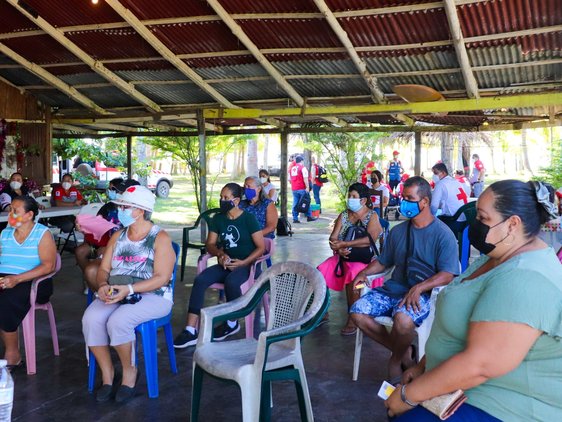
Activation of the Early Action Plan drill for floods in Parrita, Puntarenas. © Costa Rican Red Cross
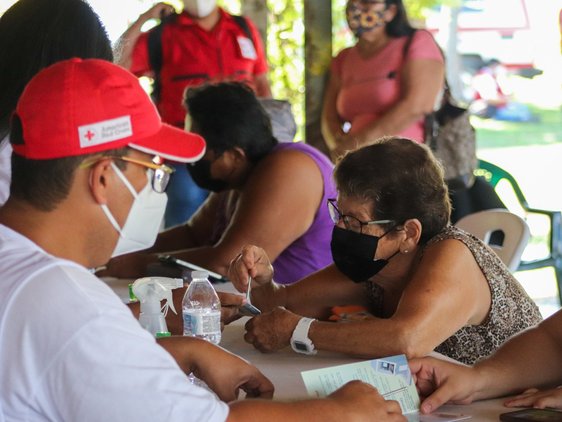
Activation of the Early Action Plan drill for floods in Parrita, Puntarenas. © Costa Rican Red Cross
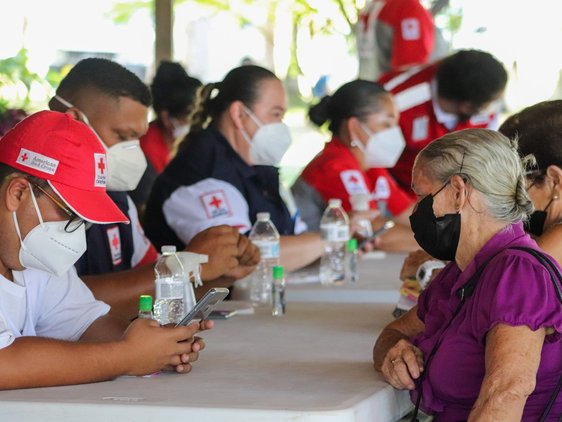
Activation of the Early Action Plan drill for floods in Parrita, Puntarenas. © Costa Rican Red Cross
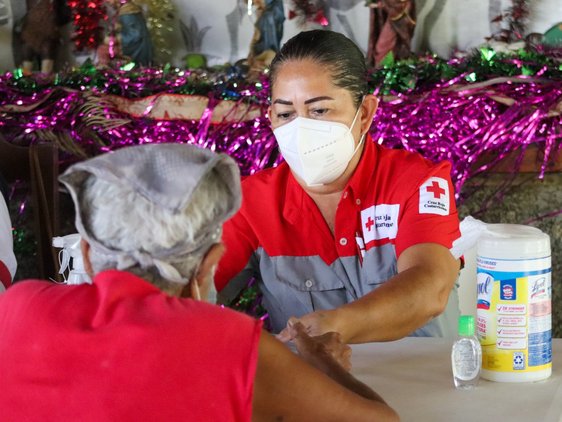
Activation of the Early Action Plan drill for floods in Parrita, Puntarenas. © Costa Rican Red Cross
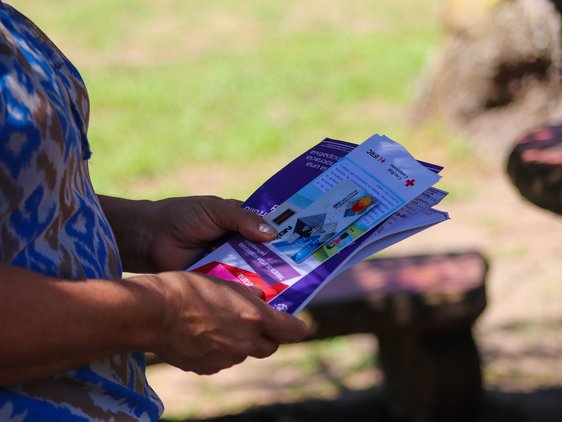
Activation of the Early Action Plan drill for floods in Parrita, Puntarenas. © Costa Rican Red Cross
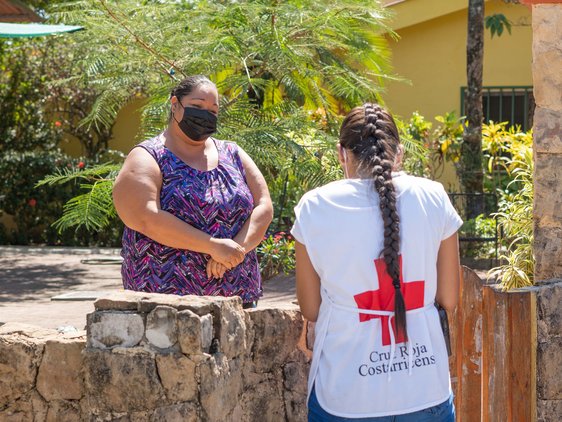
Activation of the Early Action Plan drill for floods in Parrita, Puntarenas. © Costa Rican Red Cross
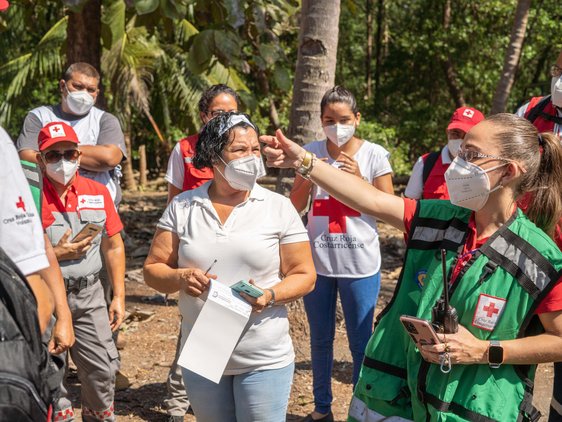
Activation of the Early Action Plan drill for floods in Parrita, Puntarenas. © Costa Rican Red Cross

Activation of the Early Action Plan drill for floods in Parrita, Puntarenas. © Costa Rican Red Cross
Activation of the Early Action Plan drill for floods in Parrita, Puntarenas. © Costa Rican Red Cross
Activation of the Early Action Plan drill for floods in Parrita, Puntarenas. © Costa Rican Red Cross
Activation of the Early Action Plan drill for floods in Parrita, Puntarenas. © Costa Rican Red Cross
Activation of the Early Action Plan drill for floods in Parrita, Puntarenas. © Costa Rican Red Cross
Activation of the Early Action Plan drill for floods in Parrita, Puntarenas. © Costa Rican Red Cross
Activation of the Early Action Plan drill for floods in Parrita, Puntarenas. © Costa Rican Red Cross
Activation of the Early Action Plan drill for floods in Parrita, Puntarenas. © Costa Rican Red Cross
To learn more about the experience during the Anticipatory Actions’ drill, click on the video.
Early actions represent a paradigm shift from response to anticipation, to mitigate the impacts of different hazards that affect the most vulnerable populations and their livelihoods, allowing governments, at-risk populations, and the humanitarian community to act before disasters occur or before they reach their peak.
